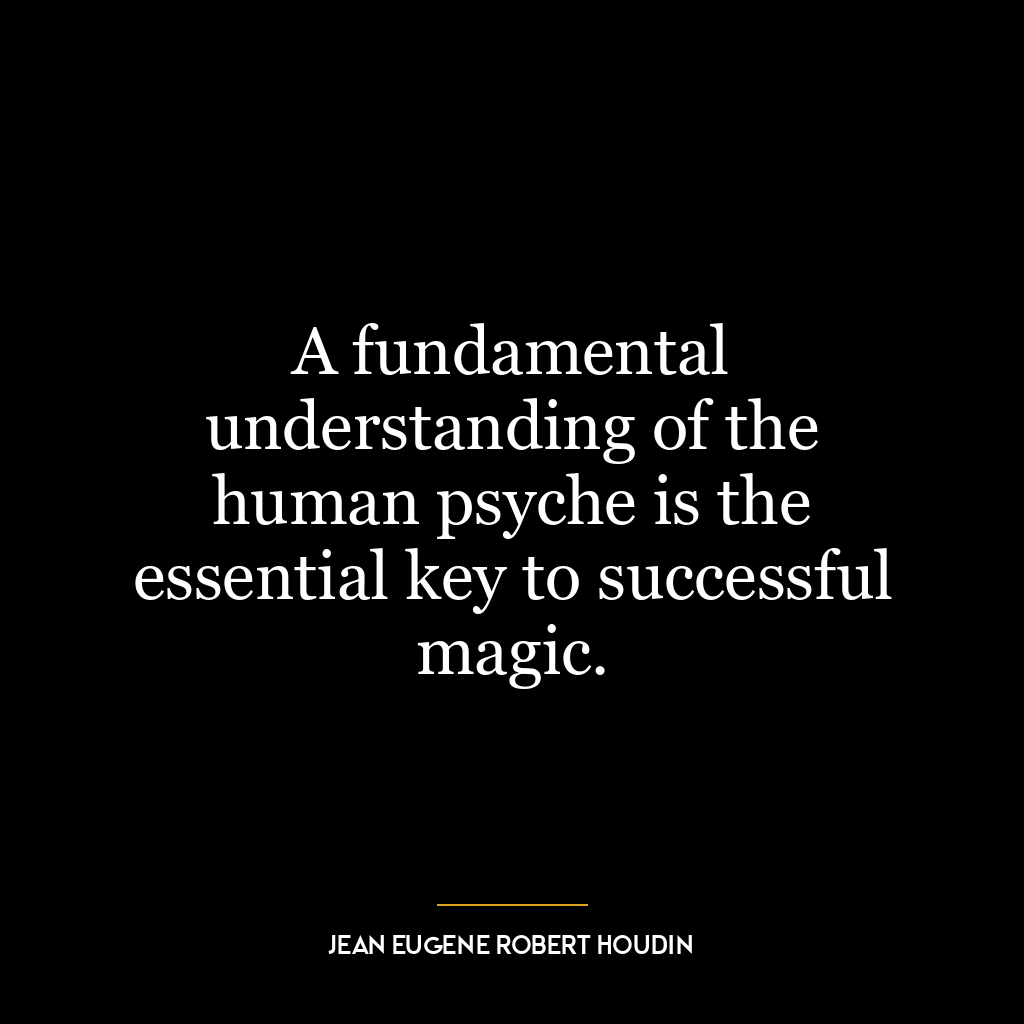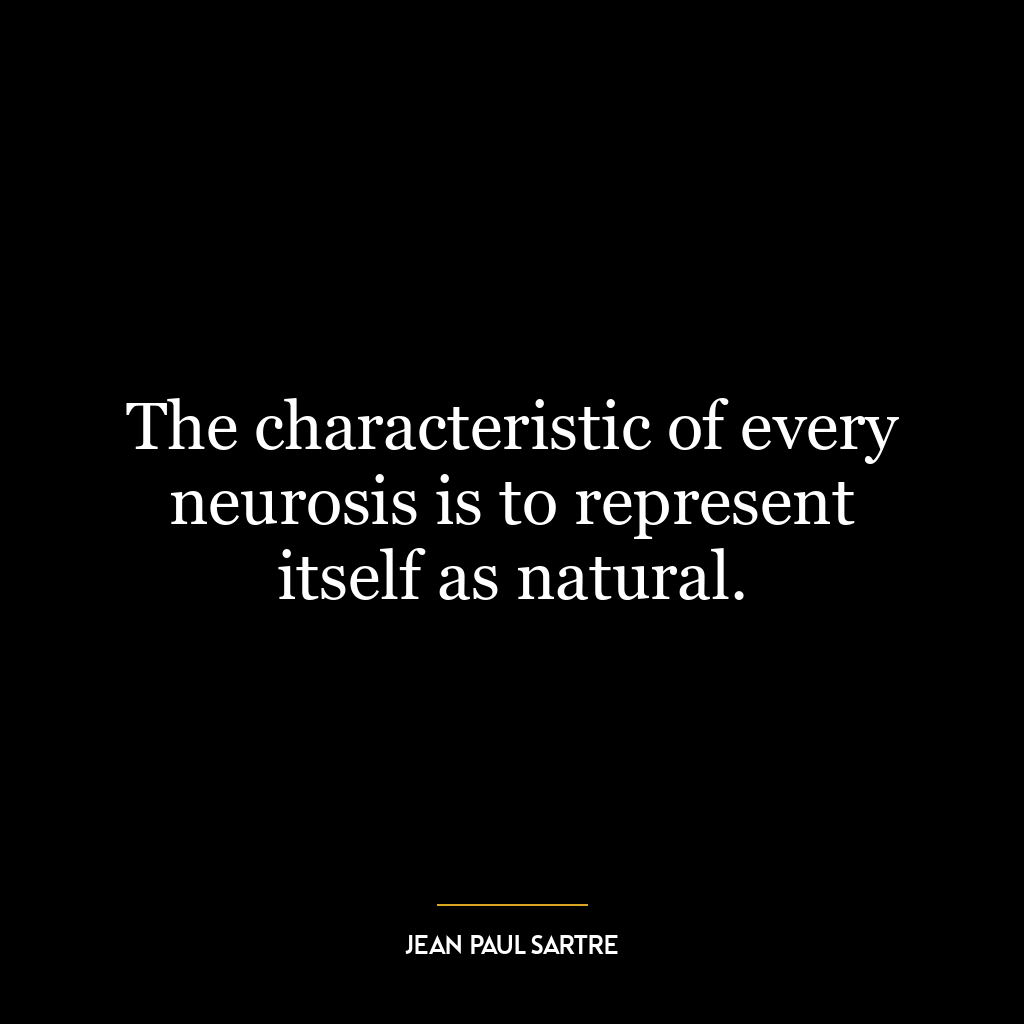In the last analysis the entire field of psychology may reduce to biological electrochemistry.
This quote essentially proposes that all psychological phenomena, from our thoughts and emotions to our behaviors and personality traits, can ultimately be traced back to biological processes, particularly electrochemical reactions in the brain. Electrochemistry refers to the interactions between electrical currents and chemical reactions, which are fundamental to the functioning of our nervous system.
Freud’s statement reflects a materialistic perspective on the mind, suggesting that our mental states are not separate from our physical bodies, but rather, are products of them. This perspective is rooted in the belief that our brains, as biological organs, operate according to the laws of physics and chemistry. Therefore, all psychological processes can, in theory, be explained in terms of these laws.
In today’s world, this idea is foundational to the field of neuroscience, which studies the brain and its impact on cognition and behavior. Neuroscientists use advanced technologies to measure and map brain activity, aiming to understand how different patterns of electrical and chemical activity give rise to our thoughts, emotions, and actions.
In terms of personal development, this perspective can be empowering. It suggests that by understanding and influencing our brain chemistry, we might be able to optimize our mental states and behaviors. For example, we know that regular exercise, a balanced diet, and adequate sleep can all have positive effects on our brain chemistry, potentially leading to improved mood, cognition, and overall mental health.
However, it’s important to remember that while this biological perspective offers valuable insights, it doesn’t capture the full complexity of human psychology. Our thoughts and behaviors are also shaped by our experiences, relationships, culture, and many other factors. Therefore, a comprehensive approach to personal development should consider not only our biology but also these broader aspects of our lives.








